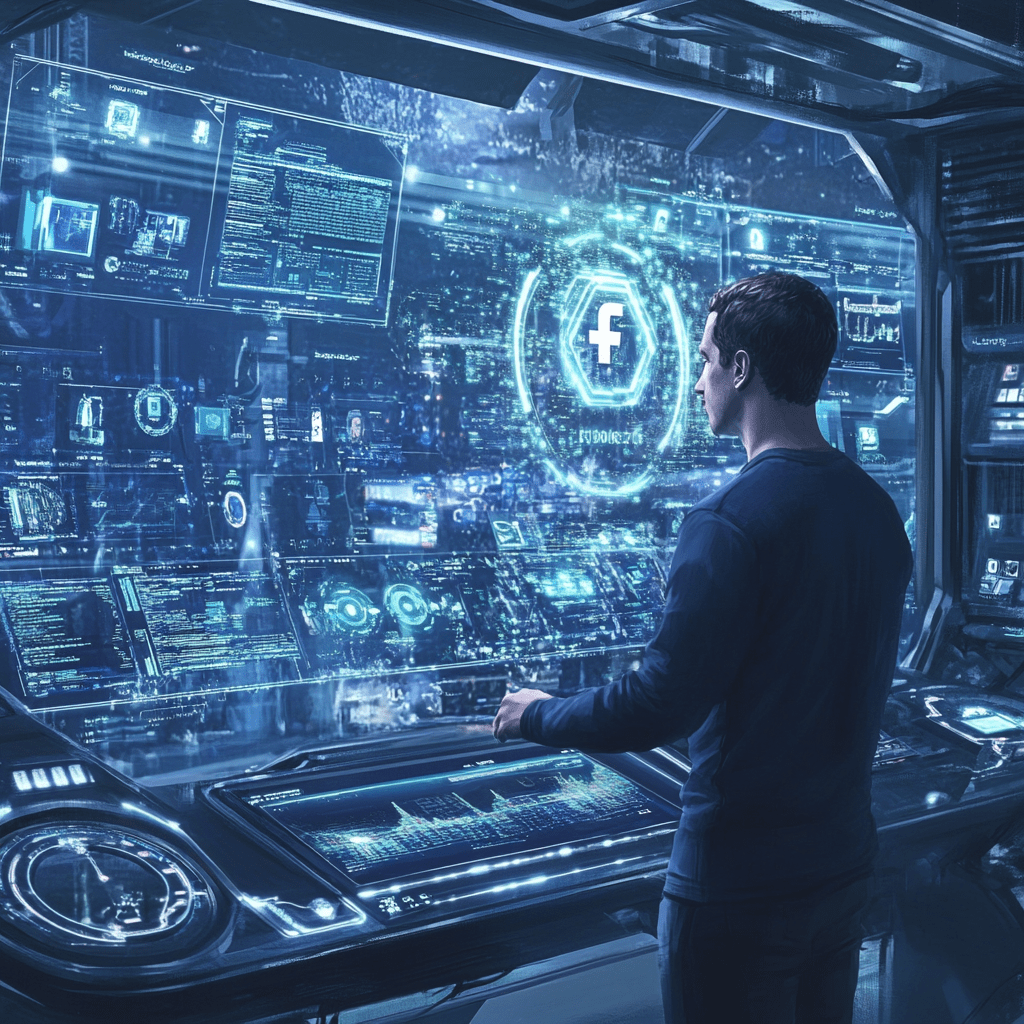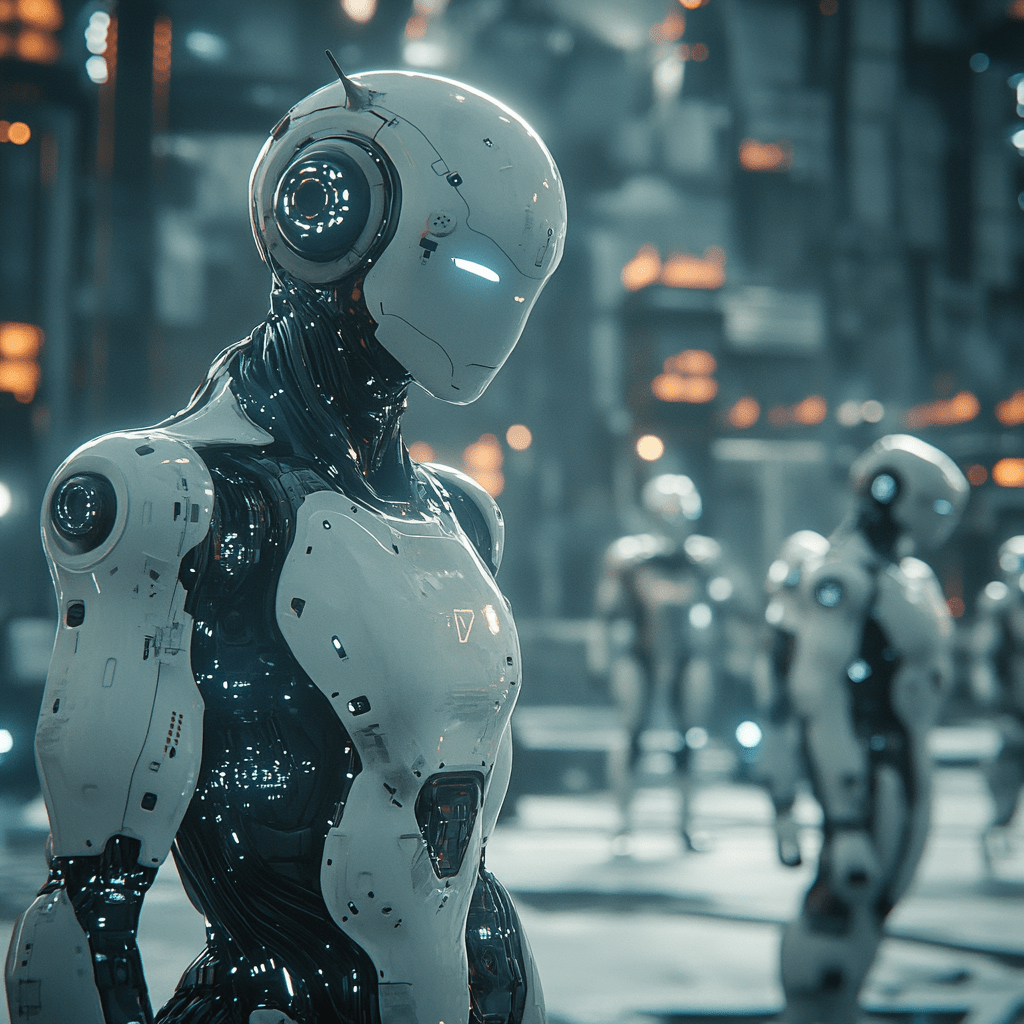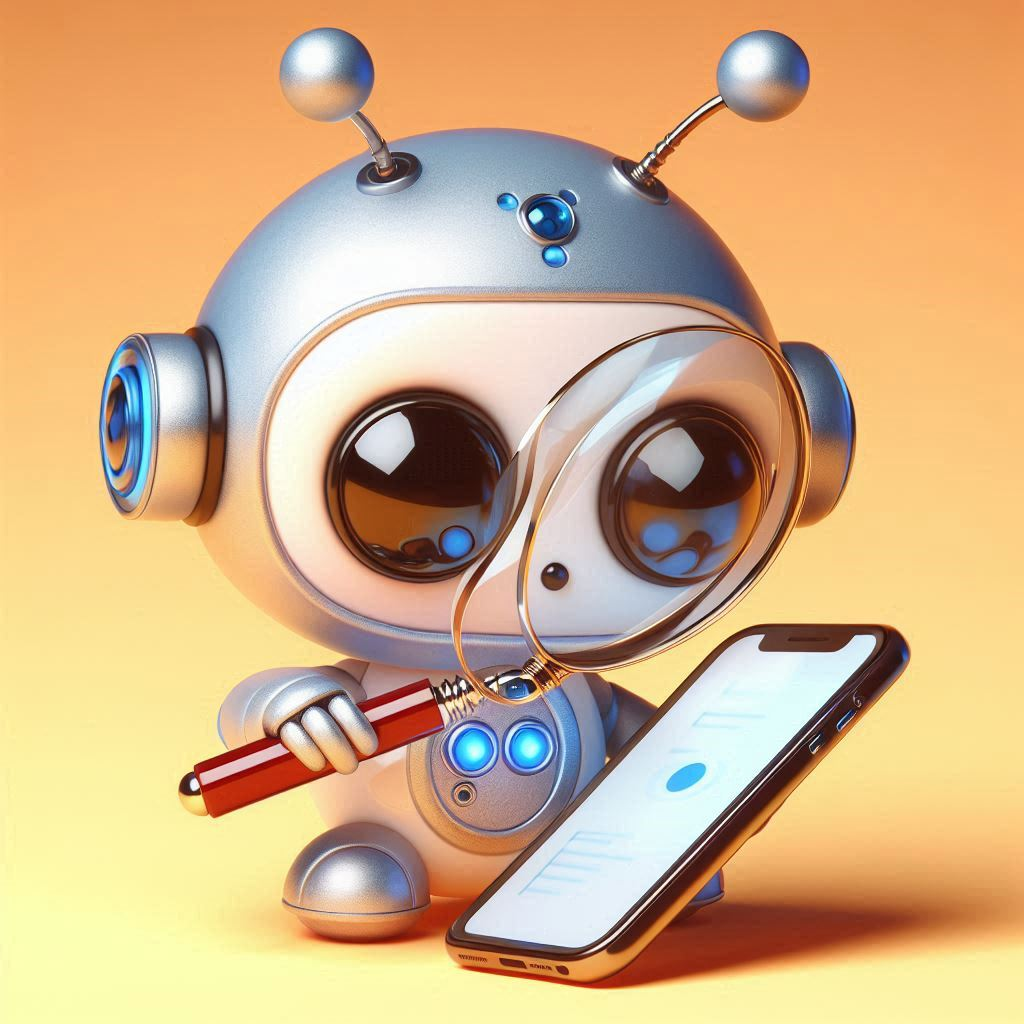OpenAI Sora AI Video Gen Impresses Hollywood
The fusion of technology and creativity has long been a hallmark of Hollywood. From the earliest days of cinema to the digital revolution of today, filmmakers have constantly embraced new tools and techniques to bring their visions to life. One of the latest innovations on the horizon is OpenAI’s Sora, a powerful AI video generator that promises to revolutionise the way movies are made.

In recent weeks, OpenAI has been making waves in Tinseltown, holding meetings with major studios like Paramount, Universal, and Warner Bros Discovery. At these meetings, Chief Executive Sam Altman and Chief Operating Officer Brad Lightcap showcased Sora, a cutting-edge generative AI model capable of creating detailed videos from simple written prompts.
The response from Hollywood has been nothing short of enthusiastic. Media analyst Claire Enders remarked that Sora is causing “enormous excitement” with its potential to revolutionise movie-making by reducing production costs and streamlining the creative process. Indeed, the clips generated by Sora have already gone viral online, sparking debate about its potential impact on the industry.
But amidst the excitement, there are also concerns. Some industry insiders worry about the implications of AI technology on jobs and the creative process. Tyler Perry, actor, filmmaker, and studio owner, expressed concern about the potential job losses resulting from Sora’s capabilities. However, others see Sora as an opportunity for filmmakers to produce high-quality content more efficiently and engage directly with their fans in new and innovative ways.
Sora’s impact extends beyond just the creative process. Its introduction raises important questions about copyright, ownership, and legal issues in the age of AI. Who owns the content generated by Sora? How do we protect the rights of creators and ensure fair compensation? These are complex questions that the industry will need to grapple with as AI technology continues to advance.
Despite these challenges, there is no denying the potential of Sora to transform the film industry. With its ability to generate realistic videos from text prompts, Sora opens up new possibilities for storytelling and creativity. It allows filmmakers to explore new ideas and experiment with different visual styles in ways that were previously unimaginable.
In addition to its potential impact on the creative process and the industry’s infrastructure, Sora also raises intriguing questions about the future of storytelling itself. With AI technology like Sora, creators have access to a tool that can rapidly generate visual content based on written prompts. This opens up exciting new avenues for experimentation and exploration in narrative form.
Imagine a world where filmmakers can quickly visualise their ideas, iterate on concepts, and explore different visual styles with ease. Sora enables creators to bring their stories to life in ways that were previously only possible with extensive resources and manpower. From indie filmmakers to blockbuster studios, the accessibility of AI-driven video generation has the potential to democratise the filmmaking process and empower storytellers of all backgrounds.
Moreover, Sora’s ability to generate videos based on text prompts introduces a new level of interactivity and engagement for audiences. Fans could participate in the creative process by submitting prompts or interacting with AI-generated characters and worlds. This level of immersion could lead to entirely new forms of entertainment, blurring the lines between traditional media and interactive experiences.
Of course, with these exciting possibilities come important considerations about ethics, responsibility, and the future of human creativity. As AI technology continues to evolve, it’s essential that we approach its integration into the entertainment industry with careful thought and consideration. Safeguards must be put in place to protect the rights of creators, ensure fair compensation, and mitigate any potential negative impacts on jobs and the creative process.
Ultimately, Sora represents a glimpse into the future of filmmaking—a future where AI and human creativity work hand in hand to push the boundaries of storytelling and visual expression. While there may be challenges and uncertainties along the way, the potential for innovation and artistic exploration is boundless. As Hollywood embraces the possibilities of AI-driven video generation, we can look forward to a new era of storytelling that is as exciting as it is transformative.
As Hollywood navigates the ever-changing landscape of technology and entertainment, it’s clear that AI will play an increasingly important role in the future of filmmaking. Whether it’s through tools like Sora or other AI-driven innovations, the industry is poised for a new era of creativity and innovation. And while there may be challenges along the way, the possibilities are endless for those willing to embrace the power of AI in storytelling.
In conclusion, the emergence of OpenAI’s Sora and similar AI-driven technologies marks a pivotal moment in the evolution of the film industry. As Hollywood grapples with the implications of AI on creativity, production, and audience engagement, it’s essential to approach this new frontier with both enthusiasm and caution.
While Sora offers unprecedented opportunities for filmmakers to streamline production processes, explore new creative horizons, and engage with audiences in innovative ways, it also presents challenges and ethical considerations that cannot be ignored. The industry must prioritise safeguards to protect the rights of creators, ensure fair compensation, and uphold artistic integrity in the face of technological advancement.
At the same time, we must embrace the potential of AI to enhance storytelling, democratise access to filmmaking tools, and foster greater collaboration between humans and machines. By harnessing the power of AI responsibly and ethically, Hollywood can pave the way for a future where creativity knows no bounds and storytelling transcends traditional boundaries.
As we navigate this uncharted territory, it’s clear that the journey ahead will be both exciting and complex. However, by remaining vigilant, adaptive, and committed to the principles of artistic expression and innovation, the film industry can seize the opportunities presented by AI technology while safeguarding the values that define its rich cultural heritage.
In the end, Sora is not just a tool—it’s a catalyst for transformation, a beacon of possibility, and a testament to the enduring power of human creativity in an age of technological advancement. As Hollywood continues to explore the potential of AI-driven filmmaking, we can look forward to a future where storytelling thrives, imagination knows no limits, and the magic of the movies remains as captivating as ever.
for all my daily news and tips on AI, Emerging technologies at the intersection of humans, just sign up for my FREE newsletter at www.robotpigeon.be






